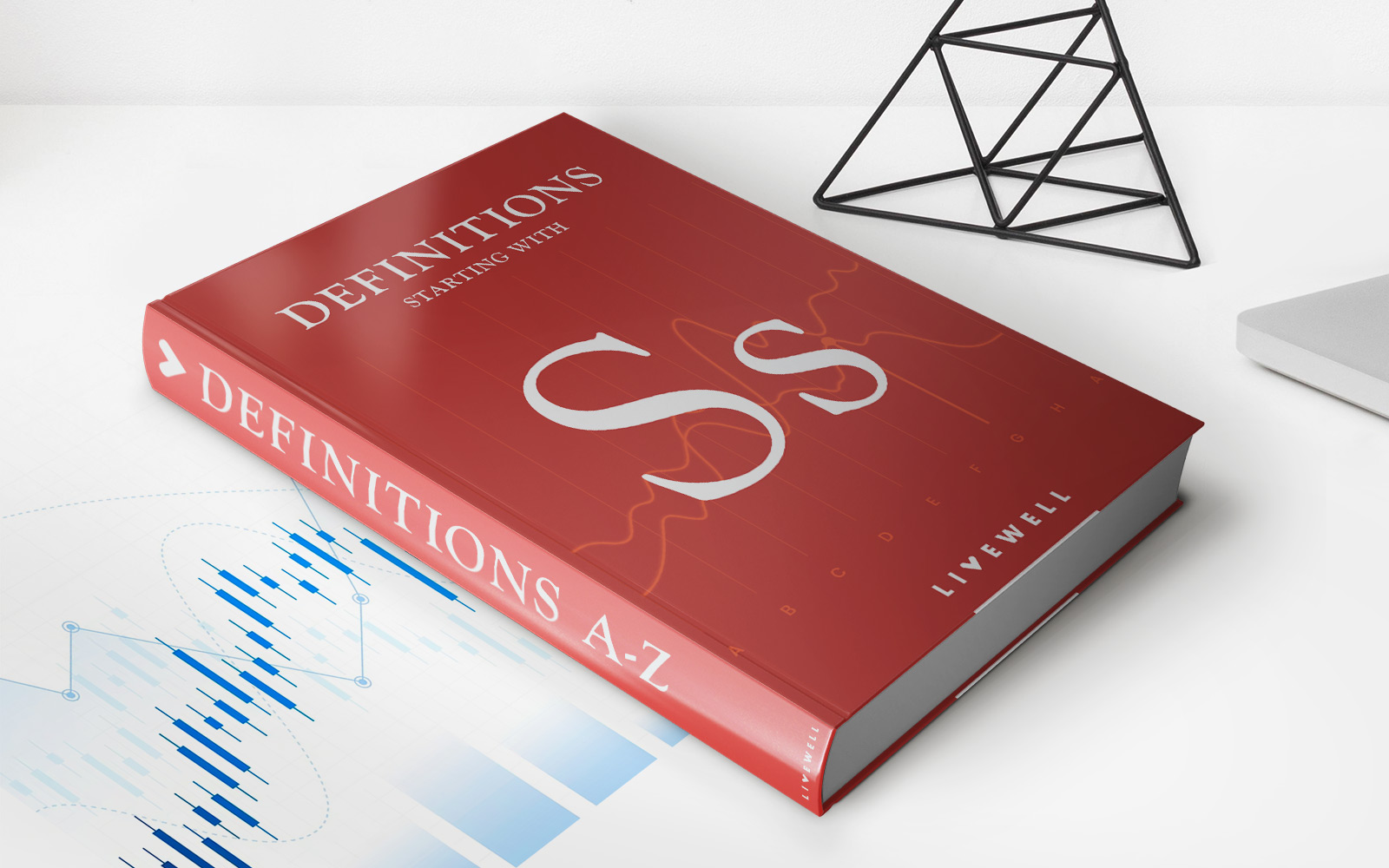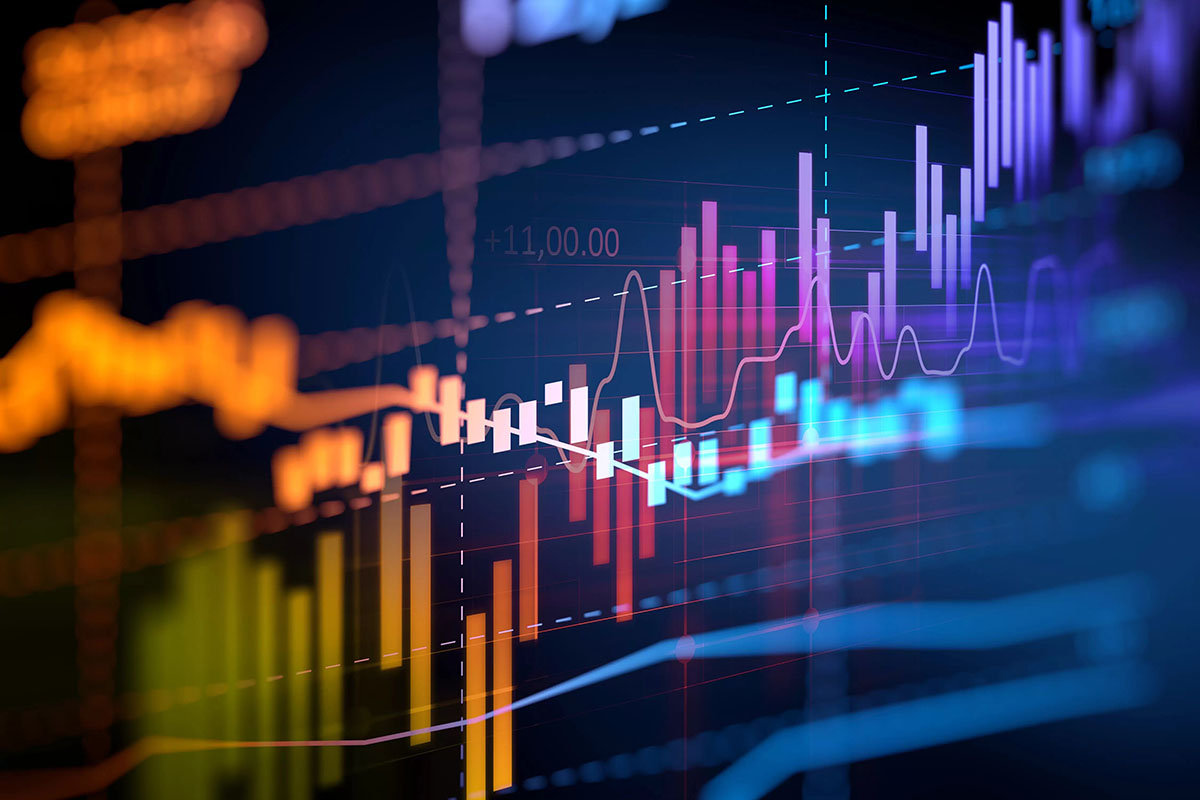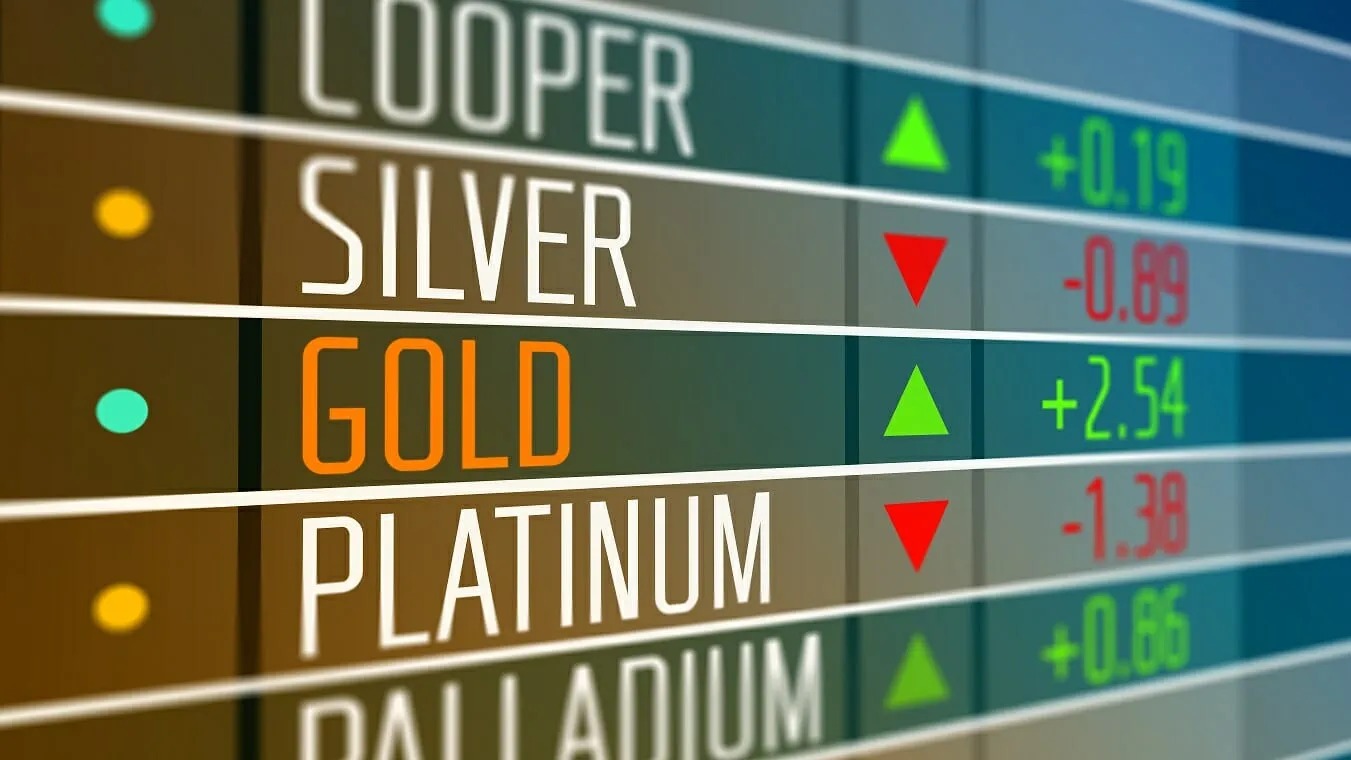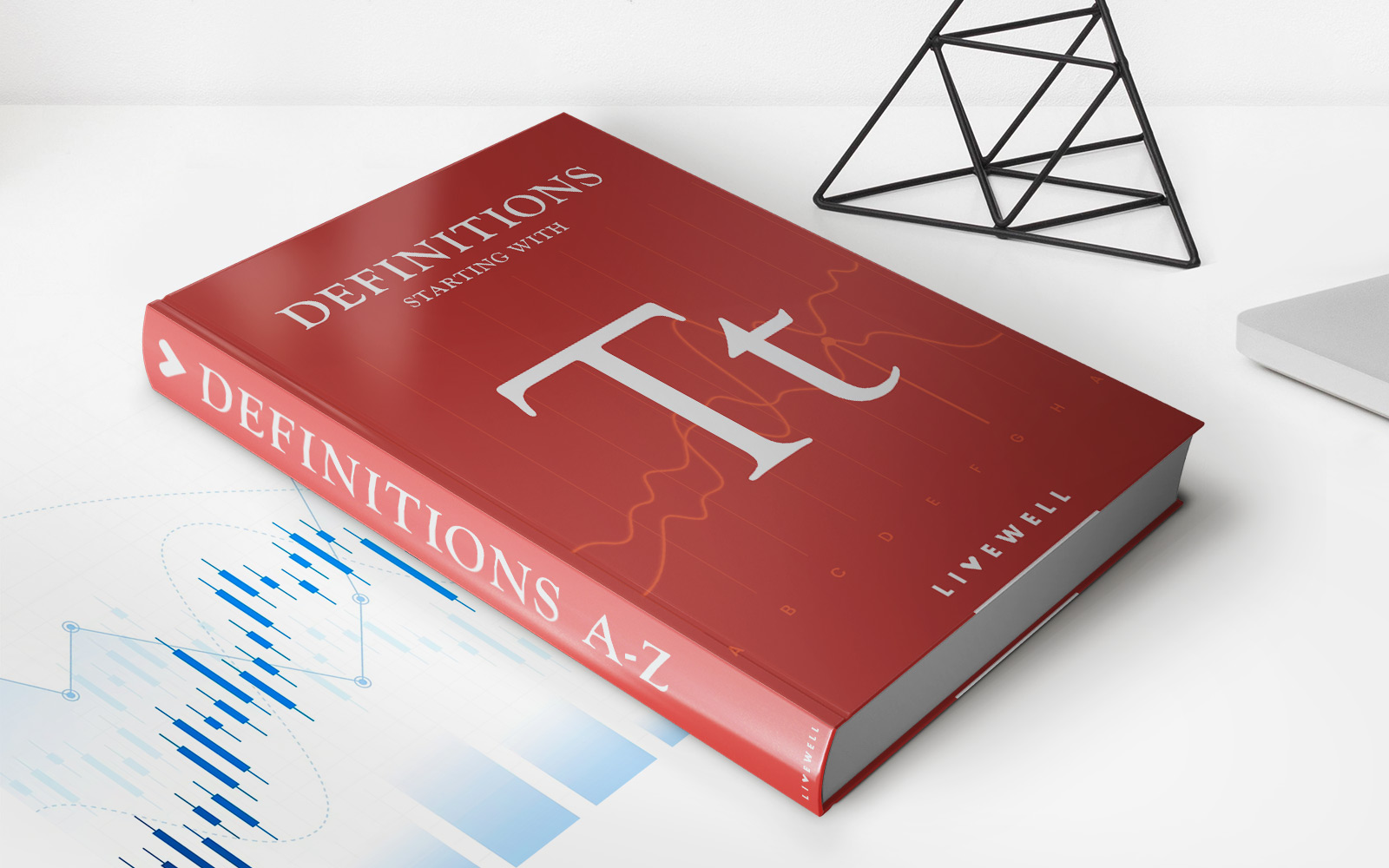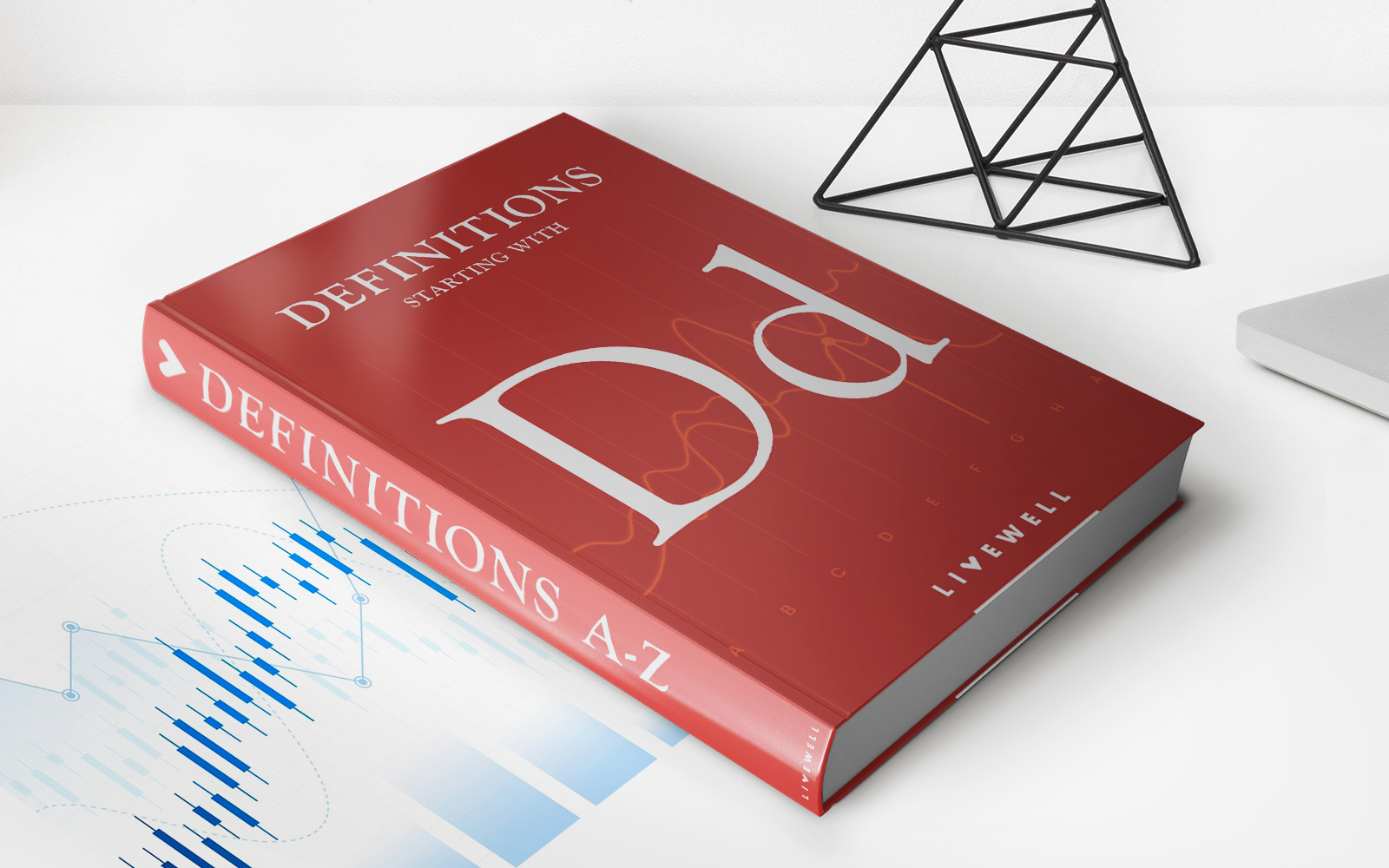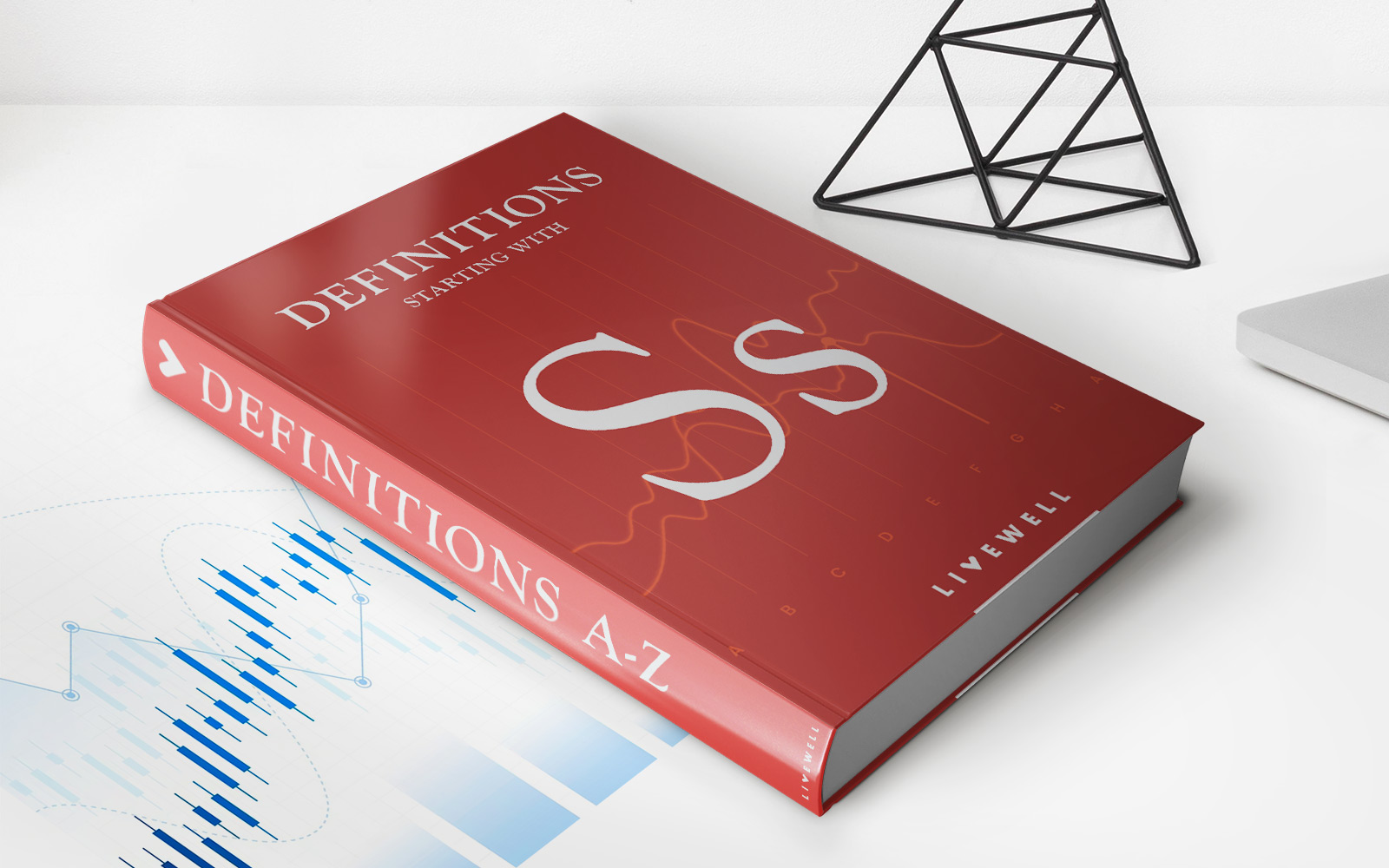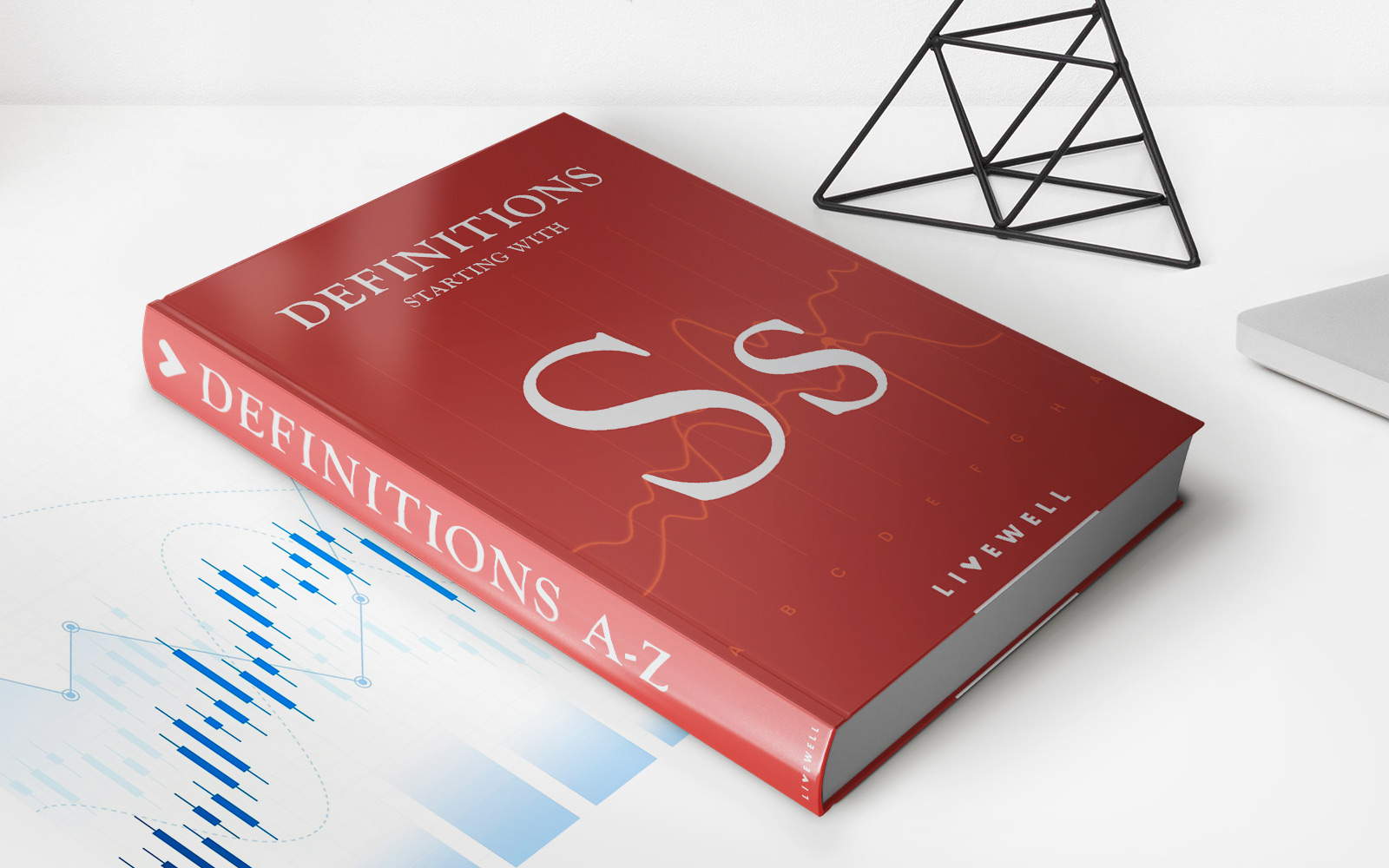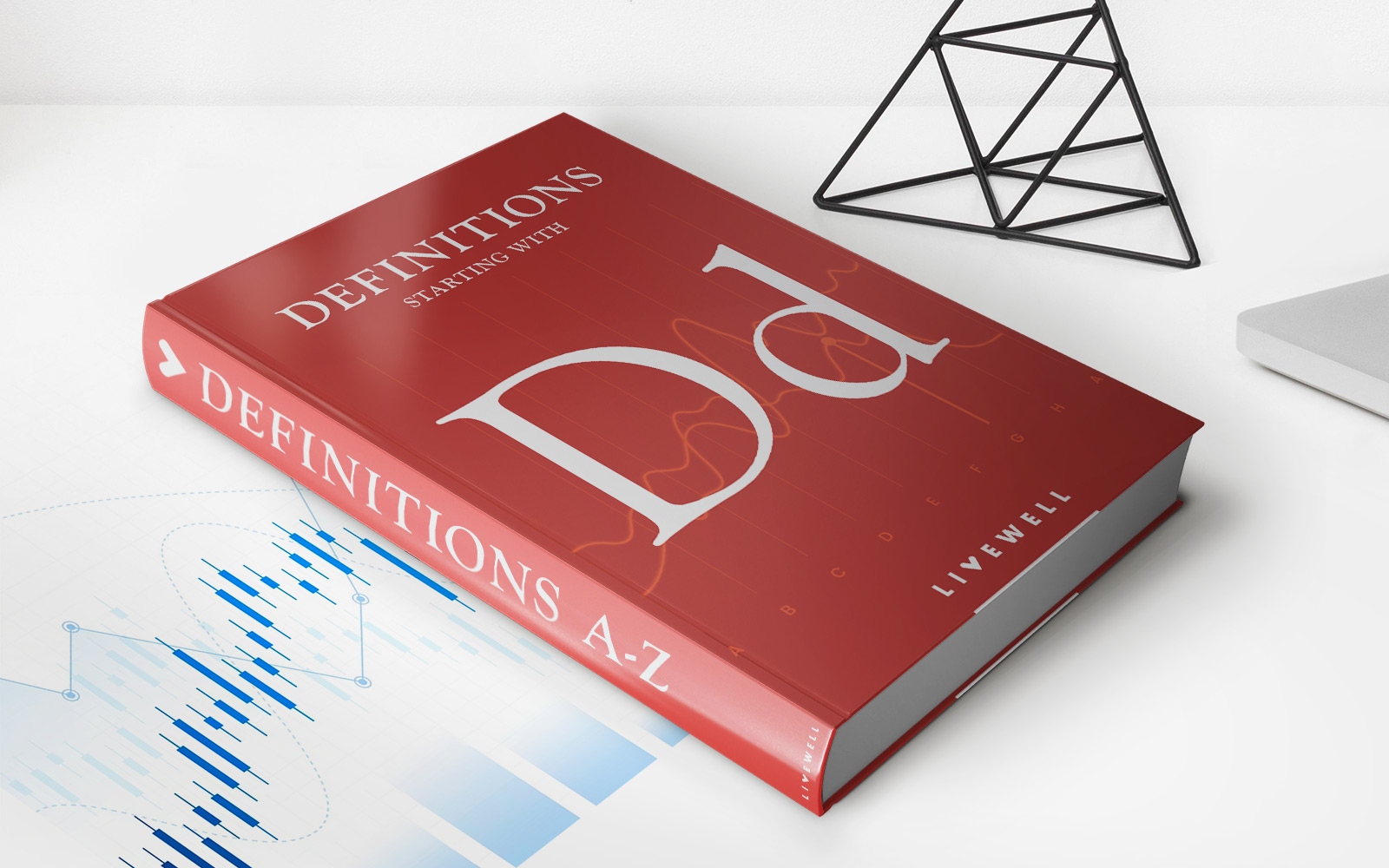

Finance
Desk Trader Definition
Published: November 11, 2023
Discover the meaning of Desk Trader in the world of finance. Gain insights into the role and responsibilities of a Desk Trader in financial markets.
(Many of the links in this article redirect to a specific reviewed product. Your purchase of these products through affiliate links helps to generate commission for LiveWell, at no extra cost. Learn more)
What is a Desk Trader?
In the world of finance, a desk trader is an individual who works for a financial institution and is responsible for executing trades on behalf of the company. These trades may involve various financial products such as stocks, bonds, commodities, or derivatives. Desk traders play a crucial role in the overall functioning of financial markets by facilitating the buying and selling of these assets.
Key Takeaways:
- A desk trader executes trades on behalf of a financial institution.
- They deal with various financial products like stocks, bonds, commodities, and derivatives.
Now that we have a basic understanding of what a desk trader does, let’s delve deeper into their responsibilities and the skills required to excel in this role.
Responsibilities of a Desk Trader
The primary responsibility of a desk trader is to execute trades efficiently and profitably for their firm and clients. They are responsible for keeping up-to-date with market trends, news, and developments that may impact the financial products they trade. Some of the specific responsibilities of a desk trader include:
- Analyzing market trends and identifying trading opportunities.
- Executing trades based on analysis and market conditions.
- Managing the firm’s trading portfolios and optimizing risk and return.
- Monitoring and managing the firm’s exposure to various financial products.
- Building and maintaining relationships with clients and other market participants.
Desk traders often work in fast-paced environments where quick decision-making and the ability to handle pressure are essential. They need to stay updated on market news, economic indicators, and geopolitical events that may affect the financial markets.
Skills Required
To be successful as a desk trader, certain skills and qualities are crucial. Here are some key skills that desk traders need to possess:
- Analytical Skills: Desk traders must have excellent analytical skills to interpret market data, charts, and trends to make informed trading decisions.
- Decision-Making: Being able to make quick and calculated decisions in a dynamic market environment is vital for desk traders.
- Risk Management: Desk traders need to understand and manage the risks associated with their trading positions effectively.
- Communication: Good communication skills are essential for building relationships with clients and colleagues.
- Adaptability: Financial markets are constantly changing, so desk traders must be adaptable and able to adjust trading strategies accordingly.
While a formal education in finance or related fields can be beneficial, what truly sets successful desk traders apart is a combination of knowledge, experience, and the above-mentioned skills.
Conclusion
Desk traders are integral to the functioning of financial markets. Their ability to execute trades efficiently and profitably plays a pivotal role in the success of their firm and clients. To excel as a desk trader, it is important to have a deep understanding of financial markets, possess analytical skills, exhibit strong decision-making abilities, and manage risk effectively. If you have a passion for finance and possess the necessary skills, a career as a desk trader might be a perfect fit for you.
